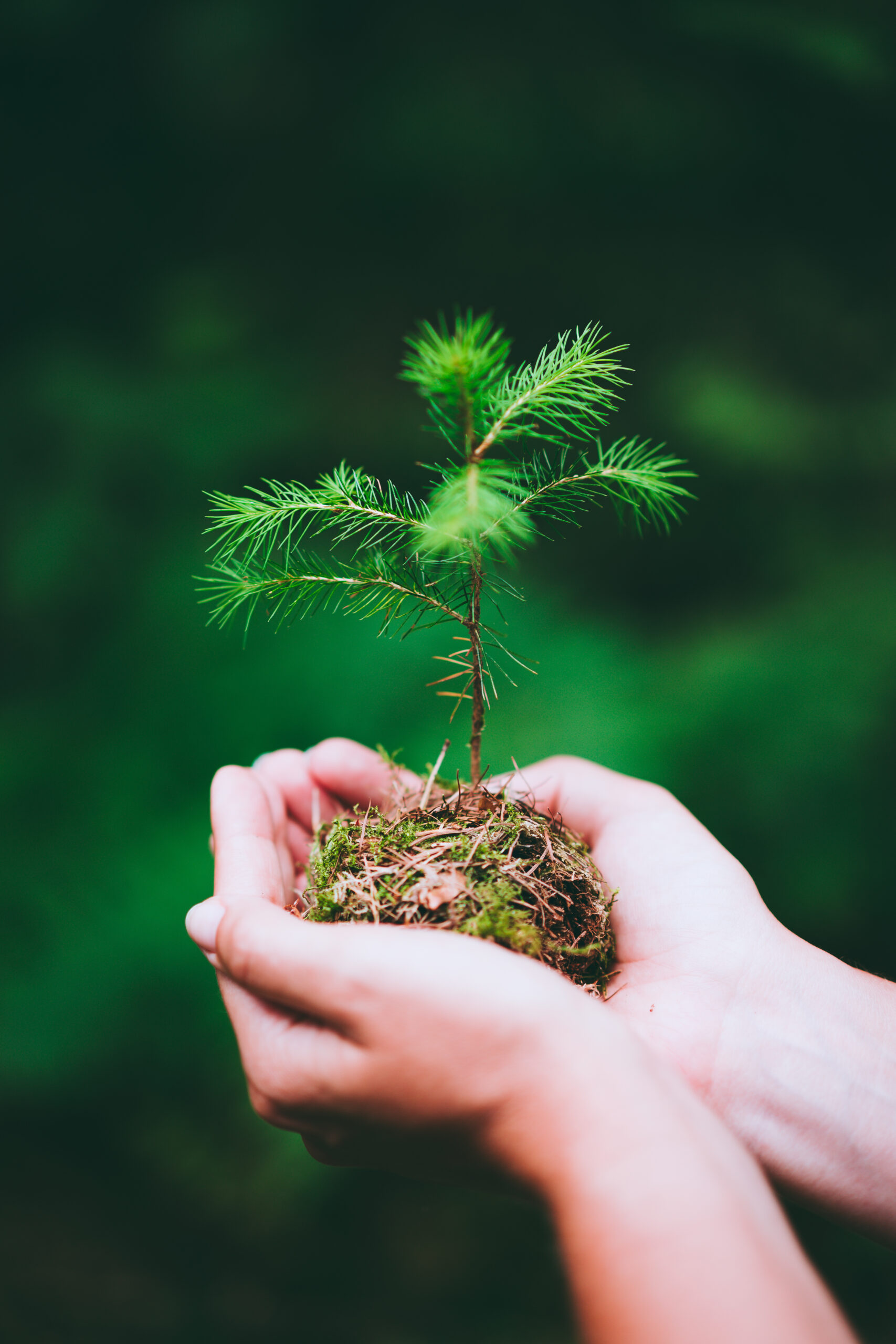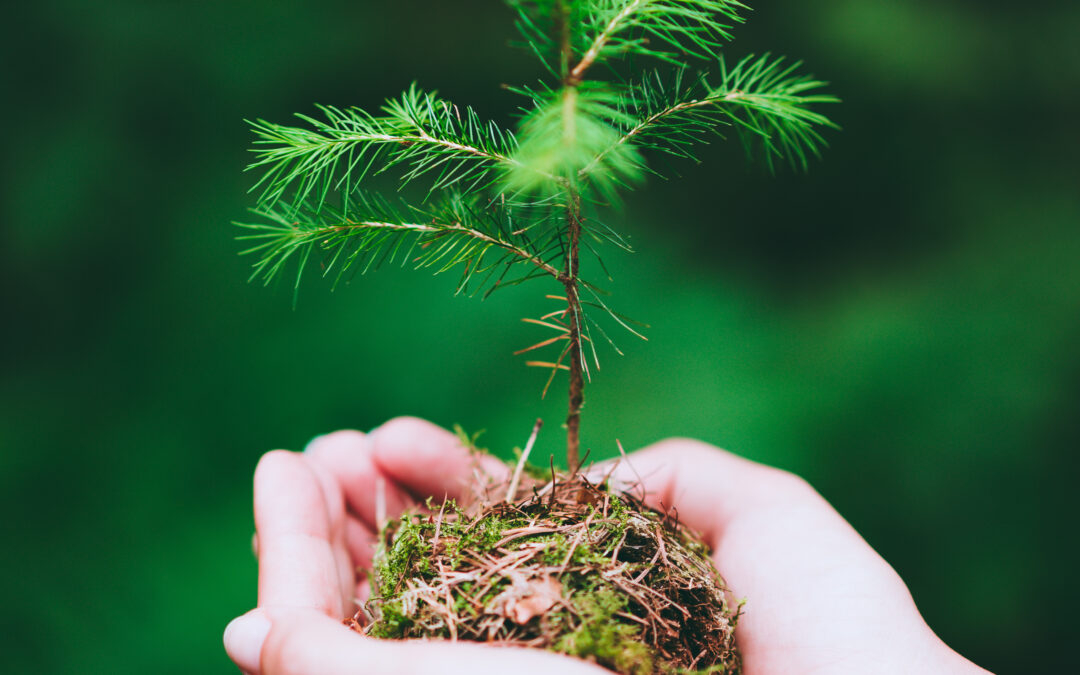Welcome to the world of organic gardening! Starting your own organic garden can be a fun and rewarding experience. In this guide, we will cover everything you need to know to get started with your very first organic garden.

Soil and Fertilizer: What You Need to Know
One of the most important aspects of organic gardening is soil health. Healthy soil leads to healthy plants, which means fewer pests and diseases. When choosing soil for your organic garden, look for a mix that contains compost or other organic matter. This will help provide nutrients to your plants as they grow.
As for fertilizers, there are many options available for organic gardens. Organic fertilizers like fish emulsion or bone meal are great choices. These types of fertilizers release nutrients slowly over time, so you won’t have to worry about burning your plants.
Choosing the Right Plants for Your Garden
When it comes to choosing plants for your organic garden, there are several factors to consider. First, think about what kind of climate you live in. Some plants may not thrive in certain environments. Next, consider the amount of sunlight your garden receives. Certain plants require full sun while others prefer shade. Finally, think about how much space you have. Larger plants will take up more room than smaller ones.
How to Control Pests Without Chemicals
Controlling pests without chemicals can be challenging, but it is possible. One way to control pests is by using natural predators. For example, ladybugs love to eat aphids, which are common pests in gardens. Another option is to use companion planting. Companion plants attract beneficial insects that help keep pests away.
The Importance of Watering and Weeding
Watering and weeding are essential tasks in any garden. Overwatering can lead to root rot, while under-watering can cause plants to wilt. A good rule of thumb is to water deeply once per week. As for weeds, removing them early on can prevent them from taking over your garden. Use a hoe or hand puller to remove weeds before they go to seed.
In conclusion, starting an organic garden can be both rewarding and enjoyable. By following these tips, you can create a beautiful and sustainable garden that provides fresh produce for years to come.



